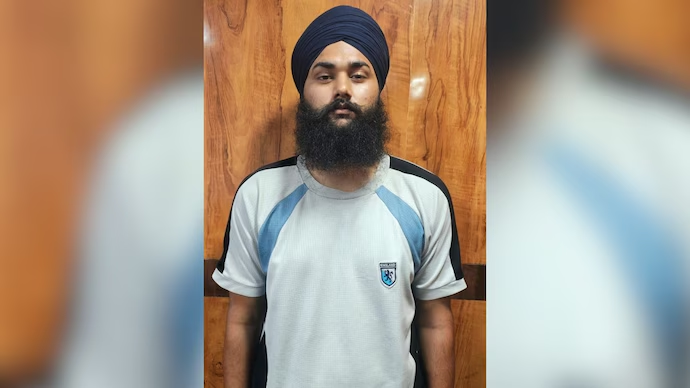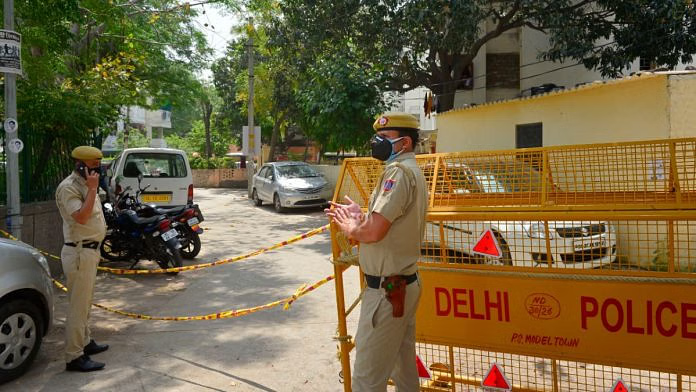Now Reading: Bengaluru Man Arrested for Posting Women’s Photos Online Without Consent, Exposed After Viral Complaint
-
01
Bengaluru Man Arrested for Posting Women’s Photos Online Without Consent, Exposed After Viral Complaint
Bengaluru Man Arrested for Posting Women’s Photos Online Without Consent, Exposed After Viral Complaint

A Bengaluru-based man has been arrested for uploading photos and videos of multiple women on social media without their permission. The incident came to light after a woman’s viral post led to a flood of similar complaints, prompting swift police action. The case has once again highlighted rising concerns around digital safety and the misuse of online platforms, especially affecting women in urban and Tier 2 cities alike.
Complaint Goes Viral, Sparks Investigation
The matter surfaced when a woman shared a detailed social media post accusing an anonymous user of uploading her pictures without consent. Her post quickly gained traction, prompting several other women to come forward with similar experiences.
Bengaluru police launched an investigation and traced the account to a local man. He was taken into custody, and his devices were seized for further examination.
Photos and Videos Posted Without Knowledge
Initial findings revealed that the man had been collecting and posting images of women, many of whom were unaware their content had been misused. Some images were lifted from public social media profiles, while others appeared to be taken secretly in public places.
The accused allegedly ran multiple accounts under different names, targeting women from various backgrounds — students, professionals, and influencers. Many victims expressed fear and anxiety over their digital safety and personal privacy.
Online Harassment and Legal Gaps
This case has reignited discussions about online harassment and the lack of strict preventive mechanisms. While laws exist under the IT Act and Indian Penal Code to deal with such offenses, victims often face difficulty in getting timely action unless cases go viral or receive media attention.
Experts believe stronger implementation, cyber-awareness, and faster complaint redressal systems are crucial to safeguard users, especially young women and teenagers in Tier 2 cities where digital literacy is still evolving.
Social Media’s Role Under Scrutiny
The incident also raises concerns about how social media platforms handle reports of abuse. Victims have claimed that their complaints to the platform received little or no response, forcing them to go public for action.
This has led to calls for improved moderation systems and better cooperation between platforms and law enforcement agencies to ensure quicker response in such cases.
Conclusion
The Bengaluru incident serves as a stark reminder of the risks that come with digital exposure, particularly for women. As internet use continues to grow rapidly in cities big and small, there is an urgent need for stronger laws, better policing, and widespread digital education. For many across Tier 2 cities and beyond, the message is clear — online safety is not optional, it’s essential.

























